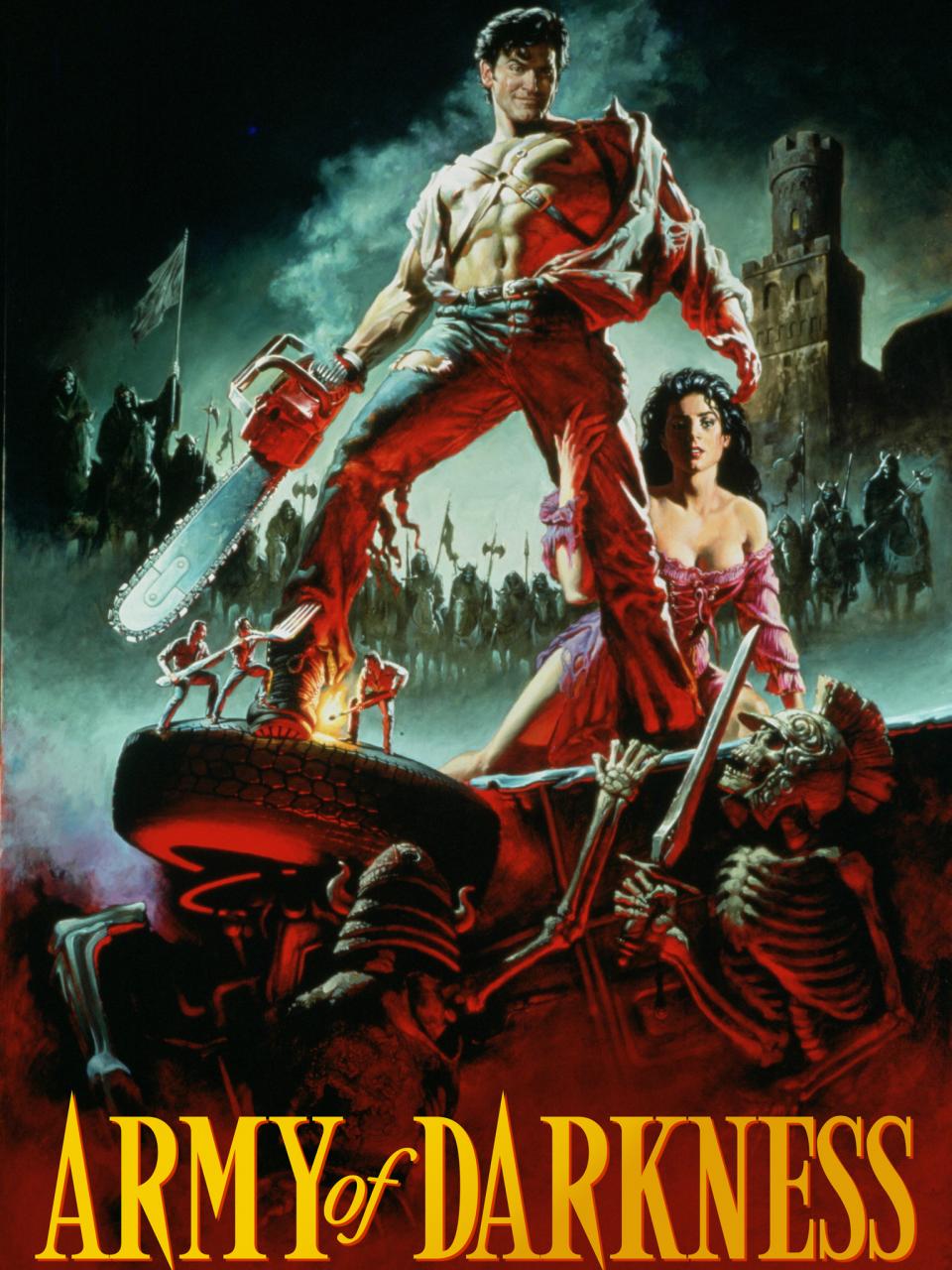

But the most explicitly polemical of his earlier books is Barbary Shore, which failed largely because it disintegrated in its later chapters into a series of boring political essays. In all of Mailer’s work, his preoccupation with contemporary politics has been evident. Mailer recounts historical events here, but he presents them through a plot and structure and a participating narrator which belong to the novel.

The subtitle of the book is “History as a Novel/the Novel as History,” and it is a successful combination of the two forms. The Armies of the Night is as much an outgrowth of Mailer’s fiction as of his journalism. But it is The Armies of the Night which represents the significant innovation in form and the more successful execution of it, and since the books are similar in tone and message, it is Armies with which I am primarily concerned in this chapter. Miami and Chicago, Mailer’s account of the Republican and Democratic national conventions of 1968, is itself a very worthwhile and readable book, employing much the same personal narrative stance used in Armies.

The first of the two to appear, it is a firsthand account of the October, 1967 march on the Pentagon, presented in a successful synthesis of the journalistic and novelistic forms. I must state at the outset that I regard Armies as the superior of the two books, in structure, style and content. He is always frankly subjective, and it is this quality upon which rests the success of Mailer’s two most recent books, The Armies of the Night and Miami and the Siege of Chicago (both 1968). In Mailer’s nonfiction prose, whether the subject be literature, politics, or existential psychology, there is never an attempt to mute or disguise the voice of the man, Mailer.


 0 kommentar(er)
0 kommentar(er)
